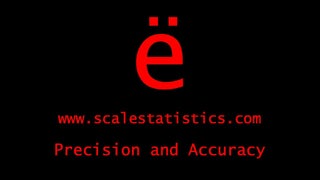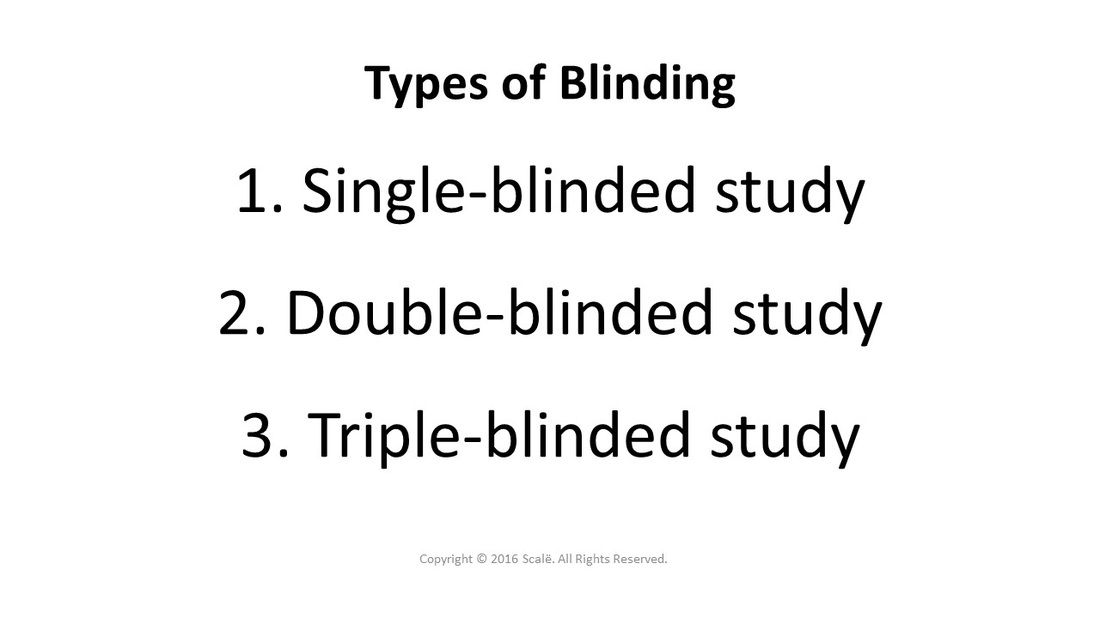Blinding
Reduce observation biases by blinding study participants, staff, and clinicians
Blinding is an empirical process used in randomized controlled trials to reduce observation bias. Blinding means that study participants, research staff, and/or clinicians do not know whether the treatment or control is being given in the empirical setting.
Types of blinding
The use of blinding strengthens the internal validity of a randomized controlled trial by ensuring that study participants are treated in a salient fashion, regardless of group assignment. Blinding assists in deterring well-documented research phenomena that introduce observation bias into randomized controlled trials like the Hawthorne effect, the Halo effect, diffusion of treatment, compensatory rivalry, and biased statistical analysis.
A randomized controlled trial can be single-blinded (study participants are blinded), double-blinded (study participants and research staff), or triple-blinded (study participants, research staff, and lead researchers and clinicians).
A randomized controlled trial can be single-blinded (study participants are blinded), double-blinded (study participants and research staff), or triple-blinded (study participants, research staff, and lead researchers and clinicians).
Click on the Randomized Controlled Trial button to continue.
Hire A Statistician
DO YOU NEED TO HIRE A STATISTICIAN?
Eric Heidel, Ph.D., PStat will provide you with statistical consultation services for your research project at $100/hour. Secure checkout is available with Stripe, Venmo, Zelle, or PayPal.
- Statistical Analysis on any kind of project
- Dissertation and Thesis Projects
- DNP Capstone Projects
- Clinical Trials
- Analysis of Survey Data

